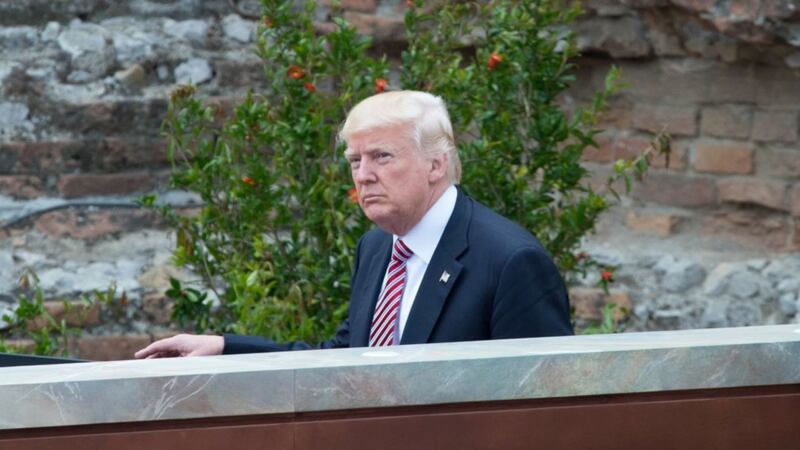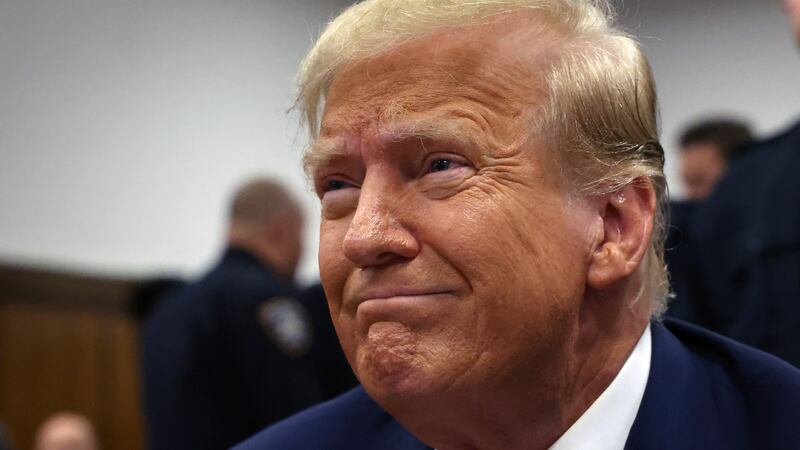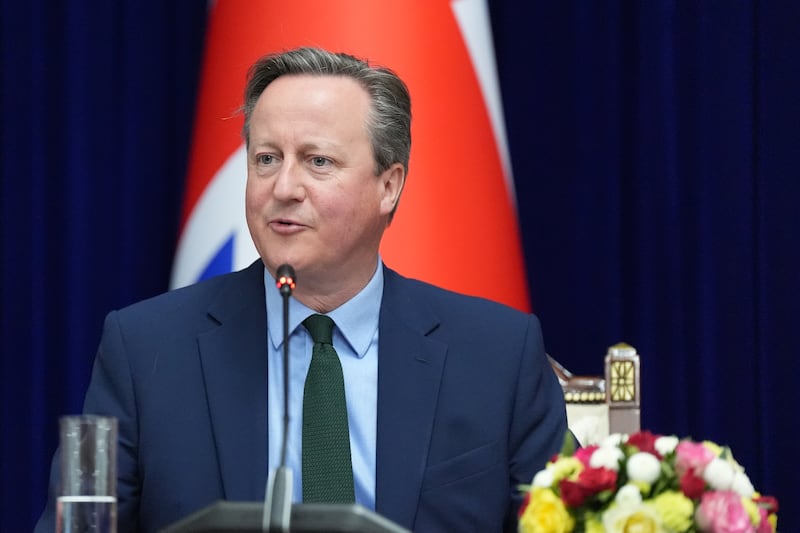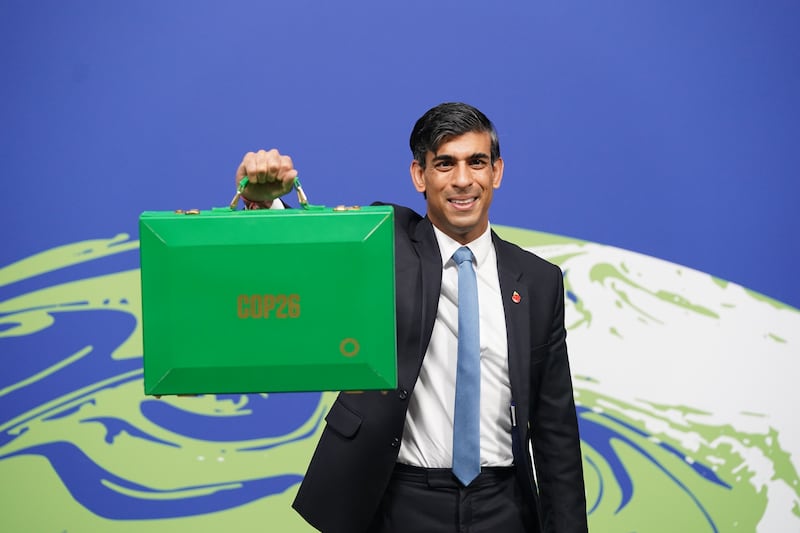Donald Trump looks set to pull the US out of the Paris Agreement, the world’s first comprehensive treaty on climate change.
Here’s all you need to know about what would unfold if the US president decides they don’t want to be part of the deal.
What is the Paris Agreement?
It is a global deal, agreed under the United Nations in the French capital in December 2015, which will see action by all countries to curb rising temperatures.
Why do we need it?
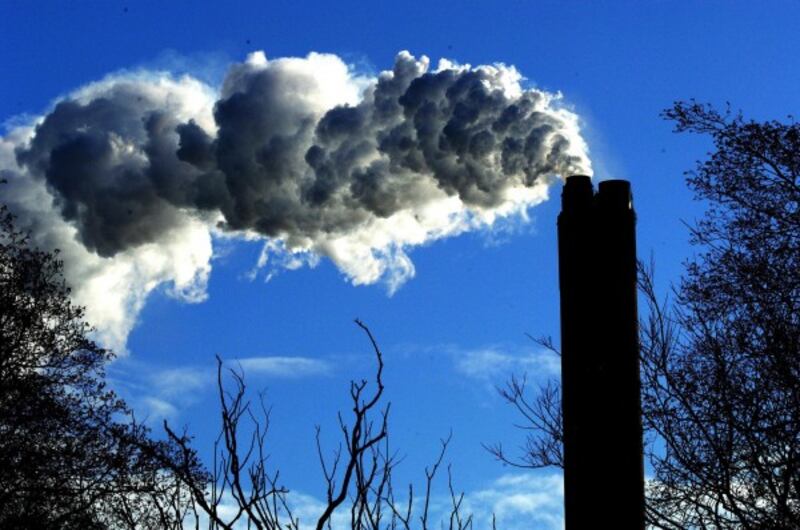
If we continue to pump greenhouse gases into the atmosphere on current trajectories, we are facing a world with temperatures of more than 4C above pre-industrial levels by 2100, hotter globally than at any time in human history.
This will lead to sea level rises, more intense storms and flooding, more extreme droughts, water shortages and heatwaves as well as massive loss of wildlife and reduction in crop yields, potentially sparking conflict and mass migration.
The higher temperatures rise, the worse the situation will be so we need to halt the emissions that cause global warming.
What does the agreement involve?
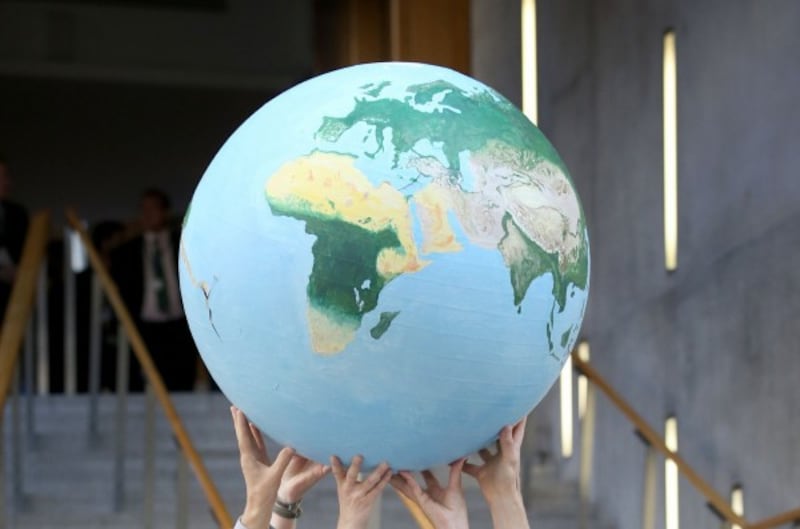
The Paris Agreement commits countries to take action to limit temperature rises to “well below” 2C above pre-industrial levels and pursue efforts to keep them to 1.5C, which requires emissions to be cut to net zero by the second half of the century.
Current climate plans by countries are not enough to meet the targets so there is a five-year review and ratchet mechanism to increase ambition, and finance for poor countries to develop along a low-carbon path and to cope with the impacts of climate change.
Why is Donald Trump expected to pull out of the deal?
Then president Barack Obama signed up to the deal, without ratification by the US Senate, last year.
In pulling out Trump, who has described climate change as a hoax by the Chinese to hurt US manufacturing, would be honouring a pledge made on the campaign trail to quit Paris and boost fossil fuel production at home.
Would the move be popular in the US?
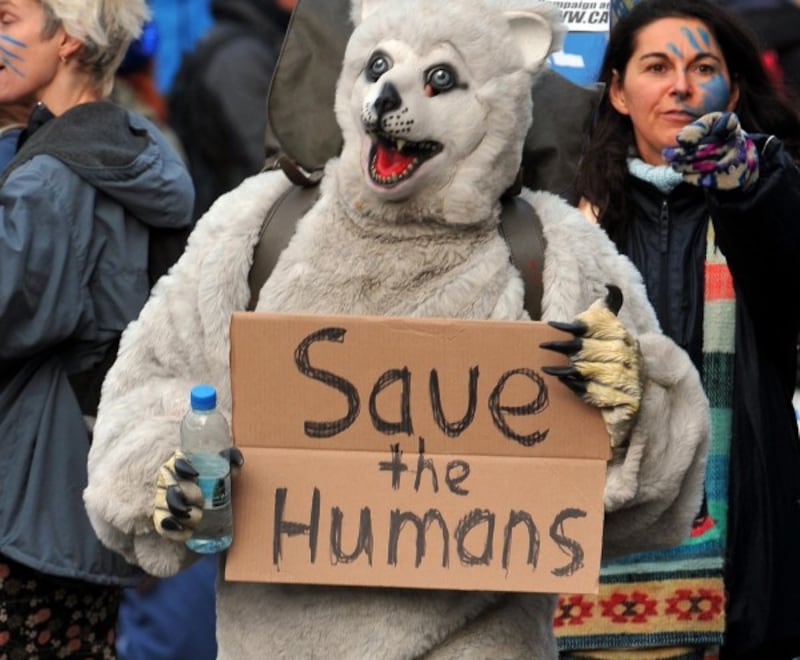
The move will certainly be hailed in some quarters, with a strong vein of climate scepticism in parts of the establishment and among some of Trump’s supporters.
But surveys show the majority of Americans want to stay in the accord, solar jobs are booming and US entrepreneurs such as Elon Musk are driving forward clean tech.
Even major oil companies have urged the US to stay in.
States such as California have already pledged to continue action to cut their emissions regardless of what the president does.
What is the mechanism for quitting?
A country can serve notice it is quitting the deal three years after it came into force for them, and it then takes another year to leave.
It would also be possible for the US not to formally leave but simply refuse to meet its commitments, which are voluntary for countries.
What would the US quitting the agreement mean?
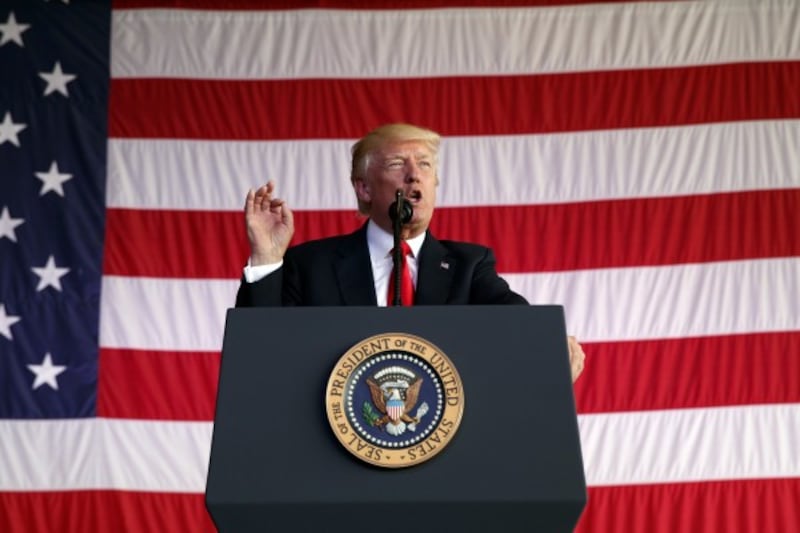
America has agreed to reduce its emissions by 2025 to 26-28% of 2005 levels, about 1.6 billion tonnes.
There are concerns that the failure of the world’s second biggest polluter to honour its commitments will make it harder for the world to curb temperature rises to well below 2C.
On the global stage, it would undermine the overwhelming consensus achieved in Paris to take action on climate change, with only Syria and Nicaragua not signed up to the agreement, and raises fears other countries may back slide on their commitments.
How likely is that?
A special thanks to Taormina and to all of Sicily for hosting the #G7Taormina. pic.twitter.com/fGeFQN1Zli
— G7 Italy 2017 (@g7) May 27, 2017
If Trump withdraws from Paris, it will hardly come as a surprise, and so far countries are holding the line.Of the other industrialised nations, only Russia has not yet ratified the deal, and China and India are pushing ahead with curbing coal power and boosting renewables and electric vehicles.The EU and China are set to announce deeper commitment to climate action after a summit on Friday.With falling prices of clean technology, some analysts say the switch to a low carbon world is already unstoppable, and countries which fail to take advantage of the shift will lose out.
